|
The vitriolic 1968 debates between Gore Vidal and William F. Buckley Jr. are re-examined in Best of Enemies
When two intellectual giants get together they're supposed to bring enlightenment to the world, right? Ludwig Wittgenstein and Bertrand Russell arguing logic and perception. Albert Einstein and Niels Bohr debating the nature of the universe. T.S. Eliot and Ezra Pound forging modernism.
But when William F. Buckley Jr. and Gore Vidal squared off in 1968, they spent as much time insulting each other as debating politics.
This was discourse as blood sport, with each man trying to destroy the other, a battle royale recalled in the entertaining and absorbing documentary Best of Enemies, co-directed by Oscar-winning filmmaker Morgan Neville [20 Feet from Stardom] and Grammy winner Robert Gordon.
First time I saw the footage it was really surprising... The high-minded guys [got] on the low road right out of the gate.
The debates were cooked up by ABC News -- then third in the ratings -- in an attempt to attract viewers to its coverage of the Republican and Democratic national conventions that volatile summer. The face-offs, moderated by Howard K. Smith, did indeed elucidate the fundamental dividing line between right and left in American politics, but they may have unintentionally set television news on a dangerous course -- towards cheap theatrics and away from useful conversation.
Nonfictionfilm.com spoke with Neville and Gordon on the eve of the film's theatrical run [it's now playing in LA, New York and Toronto and expands Friday to Chicago, San Francisco, DC and other cities].
Nonfictionfilm: It’s been almost 50 years since those debates occurred. Why are they still important?
Robert Gordon: It’s where the personal becomes political. It’s where we see the culture wars [start]. It’s kind of the Big Bang. Here’s two people who find the lifestyle of the other person dangerous and capable of taking down the nation... And so we [Neville and me] both saw it as very contemporary right away. NFF: It’s interesting to see some of the quotes from reviews around the Sundance premiere of Best of Enemies. One of them proclaimed: “Surprisingly interesting!” Morgan Neville: Back-handed compliment. NFF: It’s kind of brave as filmmakers to jump into this subject matter. I imagine it was probably a bit of a hard sell at times. Gordon: Only the first four years. NFF: Then you got on a roll. Neville: Yeah, we were making a film about two guys in a room 50 year ago, talking. People [we were pitching] kept wondering what the relevance of this was. We found it incredibly current but it took a long time to convince anybody of that. And now of course when we screen the film people are saying, “I can’t believe how relevant it is!” I think we believed that it was really dramatic, it was juicy, it was all the stuff we wanted.
NFF: The relevance comes from the fact that they were debating what we continue to argue over today: the proper role and purpose of government. And Buckley, the intellectual architect of the conservative movement, and Gore -- the towering liberal figure -- couldn't have disagreed more.
Neville: We didn't balance the film just for the sake of balancing it. We balanced [the viewpoints] because we didn't want to get caught up in who's right and who's wrong in this argument. We wanted to make a film about how we argue, what's the process of debate in America. NFF: Part of the dramatic tension of the film is wondering who is going to stoop to the low blow. Who cannot win the argument without personalizing it and trying to knock the other guy off balance? Gordon: The high-minded guys get on the low road right out of the gate. First time I saw the raw footage it was really surprising. I was thinking, “Oh, these high-minded guys are going to take it on a high plane.” And they go up there but they really liked to get down low. I can’t explain it. NFF: There is this really key moment when Vidal calls Buckley a "crypto-Fascist." Gordon: Nazi NFF: I’m sorry, Nazi. Was that grossly unfair of Vidal? What’s your personal reaction to that? Gordon: It was a really low blow... The idea of [Gore] saying “Nazi” is to say, “Everything you’ve done, Buckley, to rid the [Republican] Party of the John Birchers, to rid the movement of the John Birchers, I’m going to deny it all and say you’re one of them.” And that was unfair and low.
NFF: In the film Buckley disparages Gore just by evoking his eponymous transgender novel Myra Breckenridge, and hinting at Vidal’s unorthodox sexuality. He uses the word “queer.” And it’s clear there were no negative consequences for using that term in a disparaging way back then. But I’m not sure you could get away with that now.
Neville: One thing I found very interesting is that Gore’s kind of gay-baiting Bill [Buckley] too. He keeps saying things like, “I based Myra Breckenridge entirely upon you, Bill. You’re Miss Myra Breckenridge. You’re the Marie Antoinette of the Right Wing.” NFF: Do you think Vidal was just saying those things to bait Buckley or he was practically trying to “out” him? Neville: I think he was trying to bait Bill. NFF: We understand the conflict over ideas between them. But at some level there’s this mystery about why they hated each other personally so much. When you experience a visceral dislike of someone it’s often because you’re seeing in them what you don’t like about yourself. Neville: That’s so much of it. Gordon: Yeah. That’s the essence of what was going on there. And whether it was seeing what they didn’t like about themselves or whether it was seeing how they thought others might misperceive them. I think Gore understood that people might think he was a lofty elitist like he saw Bill and the sexuality concerns from Bill, whether he was gay or not, he didn’t want to appear to be gay. He wanted to sort of hide it.
NFF: How did these debates influence future political coverage on television? Do you think it had a positive or a negative influence?
Gordon: It’s easy to pinpoint its negative influence. We can say that. Did it have a positive influence? I mean it did in that it let us make this film [laughter]. And I think it did in that Buckley and Gore could reach into the American hearth and tell their perspectives undiluted, unmediated by another reporter. Neville: It’s what we’re trying to say with the film, in part. It’s a reminder that you can have smart people on [TV] who are enmeshed in [serious political debate]. Seeing the debates now, for all their faults, you still wish -- I’d rather see that on TV now than anything else.
NFF: I will ask a very reductive question. Who “won” these debates?
Neville: The debates themselves -- you’d probably have to say Vidal did. Because by the rules of debate if you lose your cool you’ve lost the debate. Buckley lost his cool [after Vidal called him a crypto-Nazi], ergo he lost the debate. And the fact that Vidal bragged about it ever after and Buckley refused to acknowledge it ever after seems to indicate that they both felt that that was probably the outcome. I mean there’s the bigger question of who won the war? And that’s still being fought. I think Buckley had the upper hand for a long, long time. And what’s interesting is now in recent years Gore’s attitudes and his opinions -- Myra Breckenridge, gay marriage, legalization of marijuana -- these are things that are just now kind of finding their footing in our society. NFF: Who was more prescient is such a fascinating question. Neville: In a way I felt like Buckley was more interested in being effective and Gore was more interested in being prescient. Gordon: Buckley made the changes in his thinking that let him be more effective. He began as a segregationist and realized a stance like that was going to keep people from joining his movement. And I think he also came to realize it was wrong. And so that let him be more effective. Gore liked to be the oracle.
|
AuthorMatthew Carey is a documentary filmmaker and journalist. His work has appeared on Deadline.com, CNN, CNN.com, TheWrap.com, NBCNews.com and in Documentary magazine. |
- Home
- News
- Videos
-
Galleries
- 2019 Tribeca Film Festival
- Full Frame Documentary Film Festival
- 2019 SXSW Film Festival
- SXSW 2018 Gallery
- 2019 Sundance Film Festival
- Outfest 2018 Photo Gallery
- Outfest 2017
- Sundance 2018 Photos
- 2017 LA Film Festival
- 2017 Cannes Film Festival
- Tribeca Film Festival 2017
- SXSW 2017 Gallery
- 2017 Berlin Film Festival
- Sundance 2017 Gallery
- 2016 Los Angeles Film Festival
- Cannes Film Festival 2016
- SXSW 2016 Gallery
- Berlinale 2016 Gallery
- Sundance 2016 Gallery
- Filmmaker Gallery
- About
- Contact
Proudly powered by Weebly
- Home
- News
- Videos
-
Galleries
- 2019 Tribeca Film Festival
- Full Frame Documentary Film Festival
- 2019 SXSW Film Festival
- SXSW 2018 Gallery
- 2019 Sundance Film Festival
- Outfest 2018 Photo Gallery
- Outfest 2017
- Sundance 2018 Photos
- 2017 LA Film Festival
- 2017 Cannes Film Festival
- Tribeca Film Festival 2017
- SXSW 2017 Gallery
- 2017 Berlin Film Festival
- Sundance 2017 Gallery
- 2016 Los Angeles Film Festival
- Cannes Film Festival 2016
- SXSW 2016 Gallery
- Berlinale 2016 Gallery
- Sundance 2016 Gallery
- Filmmaker Gallery
- About
- Contact

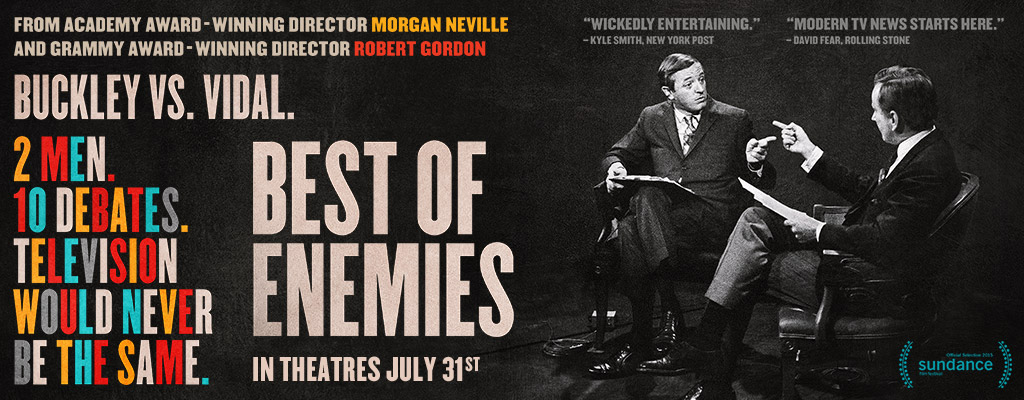
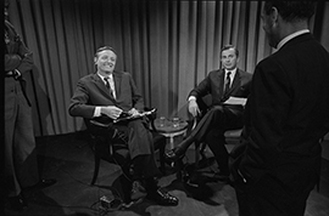
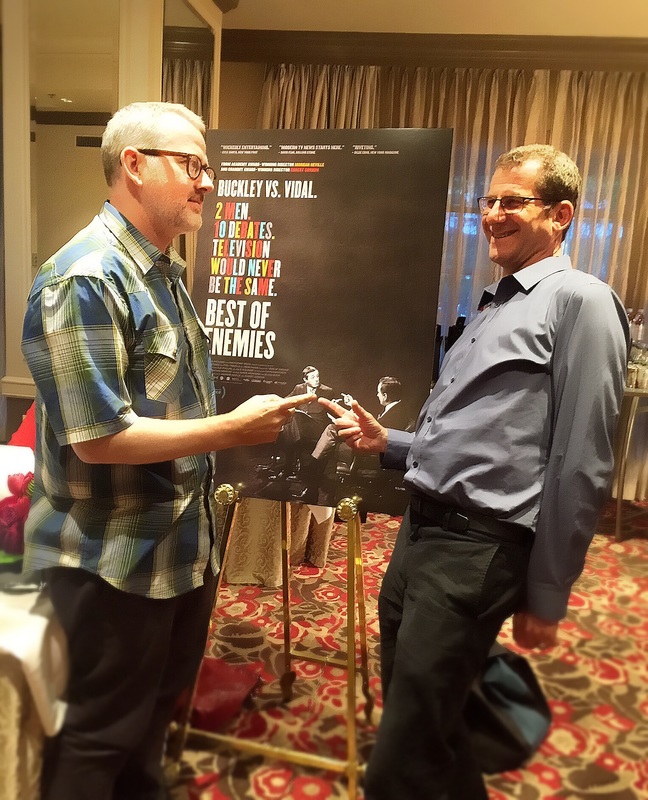
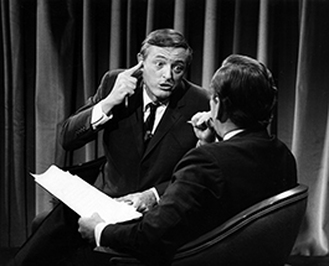
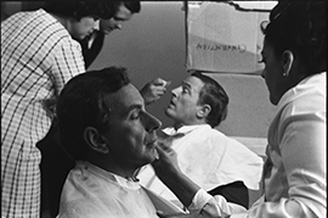
 RSS Feed
RSS Feed